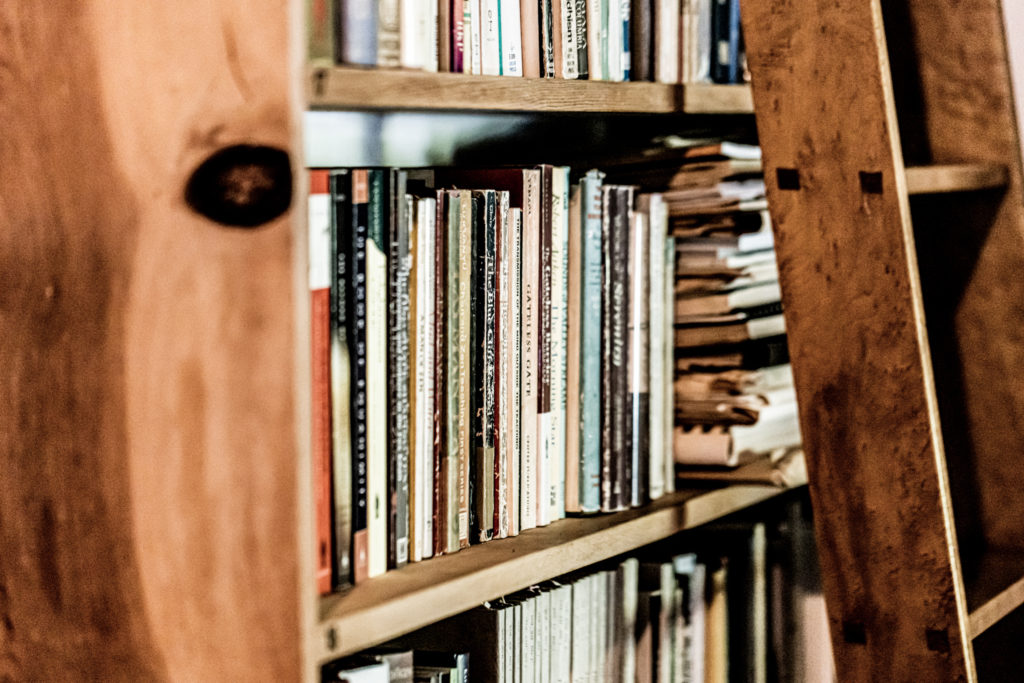
The imagination as our only (diaphanous) hope.
“Director’s Notes” are excerpts from our monthly email newsletter, “Stories from the Garden.” Subscribe and see past issues here.
Dear Friends,
In this place made of the imagination, each day uncovers something new about the connection between the life of the mind and the life of the land. The garden extends these invitations at each bend in the path, and W.S. Merwin’s bookshelves, too, offer them up readily. A few weeks ago, in the pages of a book about the land of the troubadours, we found a letter that speaks directly to this connection. William wrote this letter to a friend in France in early 2011. In it he speaks of the newly formed Conservancy, made “to save our land here and the palms, the house,” and of his new post as Poet Laureate of the United States. Several times since 1961, he writes, he had declined the offer, wary of the trappings and travel that would take him away from home: “I treasure the quiet of our life here, surrounded by the garden of palms that I have been planting for most of thirty years, and its silence.” But this time, he saw a possibility:
I thought I would like, just once, at this stage in my life, and in a quasi-official capacity, to speak about one thing that seems to me both essential and neglected. I knew it would make no difference to the mud-slide of current history and what I think of as terminal acceleration. But to have the chance to speak of it, and not even try, seemed to me something I would not want to live with. The subject is the relation between the human imagination and life as a whole, from the amoeba to each other. I never accepted definitions of humanity based on our superior intelligence or our use of language. I’m not convinced that we are the “most intelligent” species just because we are characterized by human intelligence, and the same is true of language. But the primacy of the imagination that has evolved with us – not just the human imagination itself but the role of it in our lives – seems to be our real distinction, and our only (diaphanous) hope.
The imagination as our only (diaphanous) hope. The phrase has occupied my thoughts since we pulled this letter from the shelves. Essential indeed is the human capacity to perceive and conceive beyond our own experiences, envision and embody new ways of being, and bring to fruition what seems beyond possibility. William continues:
Blake wrote in a letter ‘To the man of Imagination, the tree is Nature, and Nature is the Imagination.’ It is the source of some of our worst behavior, but it is also the root of compassion and of the arts with their unique revelations that led St Augustine to say that the creations of the arts were an ‘increment to God’s creation.’
After a decade on the bookshelf, and a decade after the formation of the Conservancy, this letter surfaces as we step fully into our role as custodians of the palm garden and house, and announce the 2022 launch of the residency program. We will invite those whose vibrant imaginations straddle disciplines to dwell in this place and envision new relationships between arts and ecology, and new ways of making, being, and living. Here we will cultivate the conditions for imagination to thrive. Thank you for joining us in this beautiful and critical work.
With warm wishes,
Sonnet